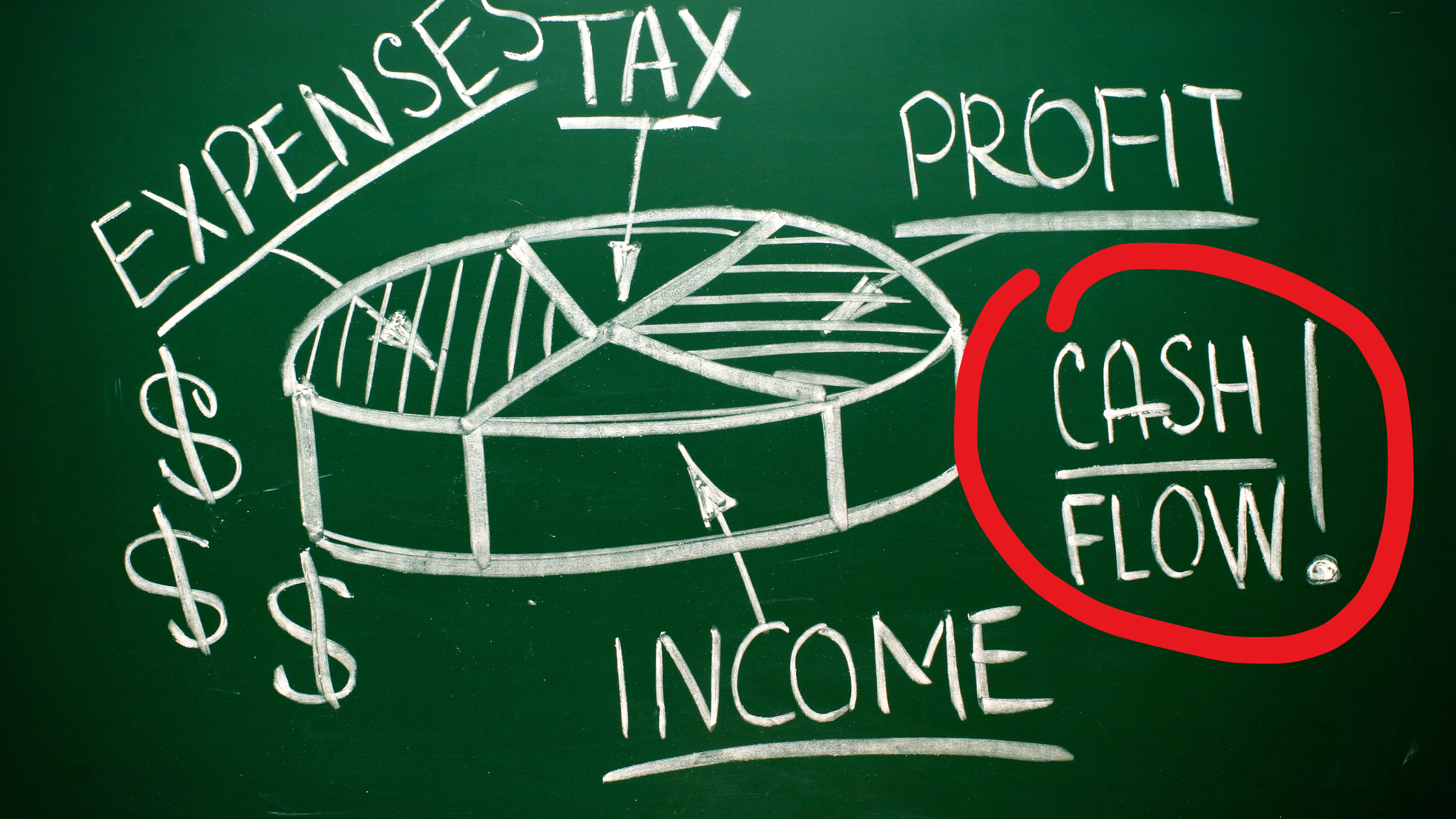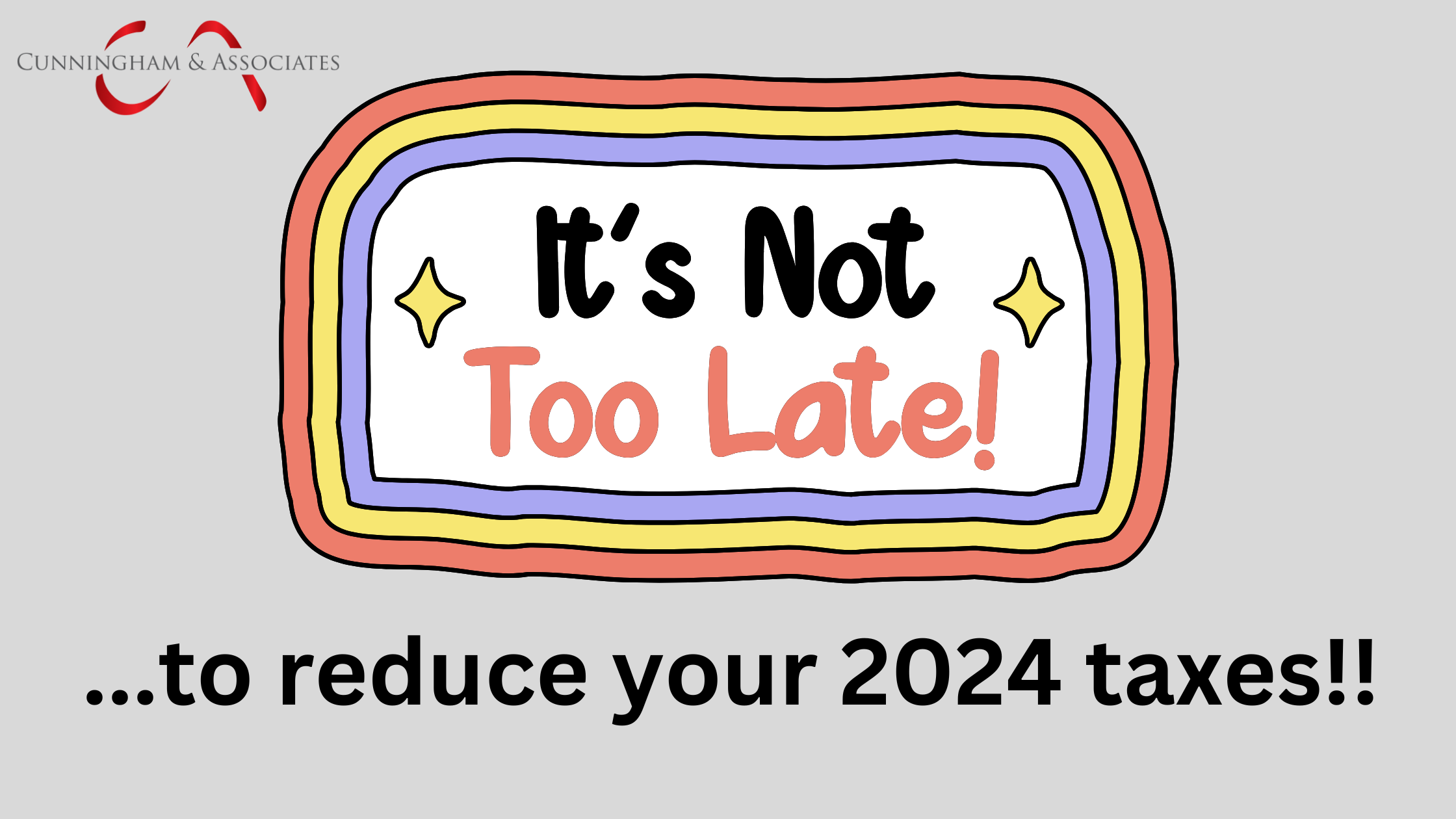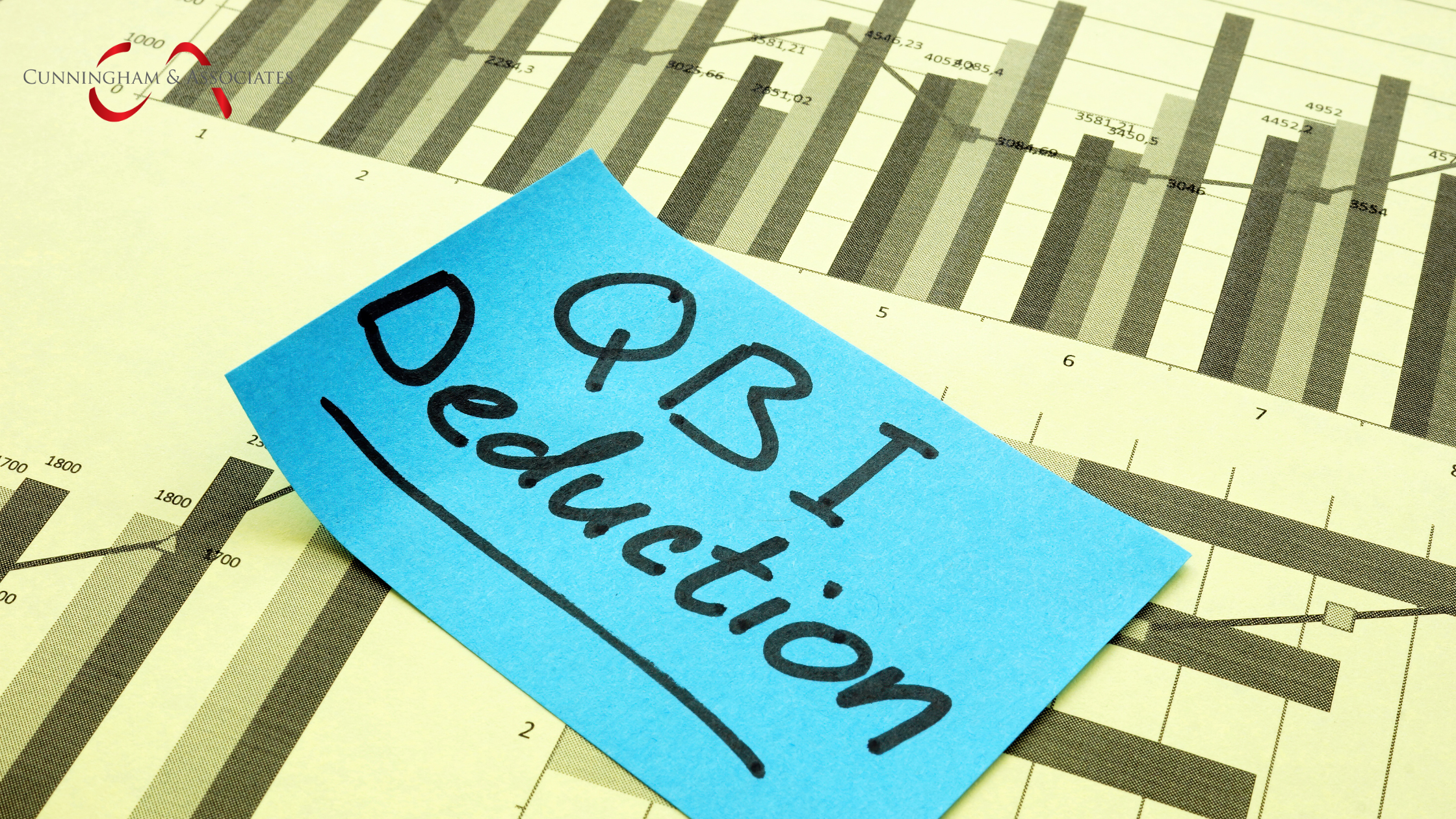Cash flow is the lifeblood of any construction company, but also one of the industry's most prominent challenges, with some 84% of construction companies saying they are struggling with cash flow.
Without sufficient cash flow, construction companies are forced to front costs on many projects, dig into reserves, or rely too heavily on credit. It even creates difficulty in retaining top talent.
While landing contracts and managing projects are crucial fixes, a strategic approach to taxes can significantly improve your overall financial health in the short and long term. Here are 9 ways tax optimization can supercharge your cash flow:
-
Maximize Deductions: Identify and leverage all tax-deductible expenses related to your construction business. This can include material costs, equipment rentals, labor expenses, and qualified business insurance premiums.
-
Explore the Benefits of Business Structures: The legal structure of your business (sole proprietorship, LLC, S-corporation, etc.) impacts how you pay taxes. A professional can help you determine the structure that offers the most tax advantages.
-
Smarter Retirement Plans: We all know what a 401k is and we likely have one (and if you don't did you know there are credits associated with setting a new plan??). What many businesses are not aware of, however, is the ability to implement owner-centric plans that can save hundreds of thousands of dollars.
-
Take Advantage of Tax Credits: There are a variety of tax credits available, and for good reason. Congress wants to support domestic production and construction is a key driver. However, it takes a partner deep in the tax code to uncover some of those credits and help you anticipate and plan for new ones.
- Accounting Elections: There are over 200 automatic accounting method elections that make up hundreds of pages in the tax code and they are constantly being updated.
The Tax Cuts and Jobs Act (TCJA) increased eligibility for many small businesses (revenues under $29,000,000). -
Prepaying Expenses: Prepaying certain deductible expenses like business insurance or rent towards the end of the year can lower your current tax bill and improve short-term cash flow.
-
Utilize Section 179, But Do Better: Section 179 of the tax code allows you to deduct the full cost of qualifying equipment purchases up to a certain amount. This can significantly reduce your taxable income in the year of purchase. Every business owner should be aware of this strategy, and it works if you need the assets, but beware of a strategy that suggests buying assets simply to reduce taxes.
- Reduce Payroll Taxes: Many business owners may not realize the potential for improvement within their payroll structure. Contributions from both employers and employees towards Social Security and Medicare can have a significant impact, and ineffective ownership compensation structures may limit available incentives. Conducting a strategic evaluation and optimizing payroll taxes has the potential to save your business tens of thousands of dollars annually.
- Utilize benefits under the TCJA: Construction companies operating as pass-through entities (sole proprietorships, partnerships, S corporations) can potentially benefit from the QBI deduction. This deduction allows them to reduce their taxable income by up to 20% of their qualified business income. By optimizing business practices and potentially lowering taxable income, construction companies can leverage the QBI deduction to keep more of their hard-earned profits.
Navigating tax codes and regulations can be complex. Collaborate with a qualified tax advisor specializing in the construction industry that can help you implement these strategies and ensure you remain compliant with tax laws.
Remember, tax optimization isn't just about lowering your tax bill; it's about strategically managing your tax liability to free up cash flow and fuel your construction business's growth. By being proactive and informed, you can leverage these strategies to keep your cash flowing smoothly and achieve long-term financial success.
If you have questions about your tax strategy, set up a time to talk with the team at C&A today.




